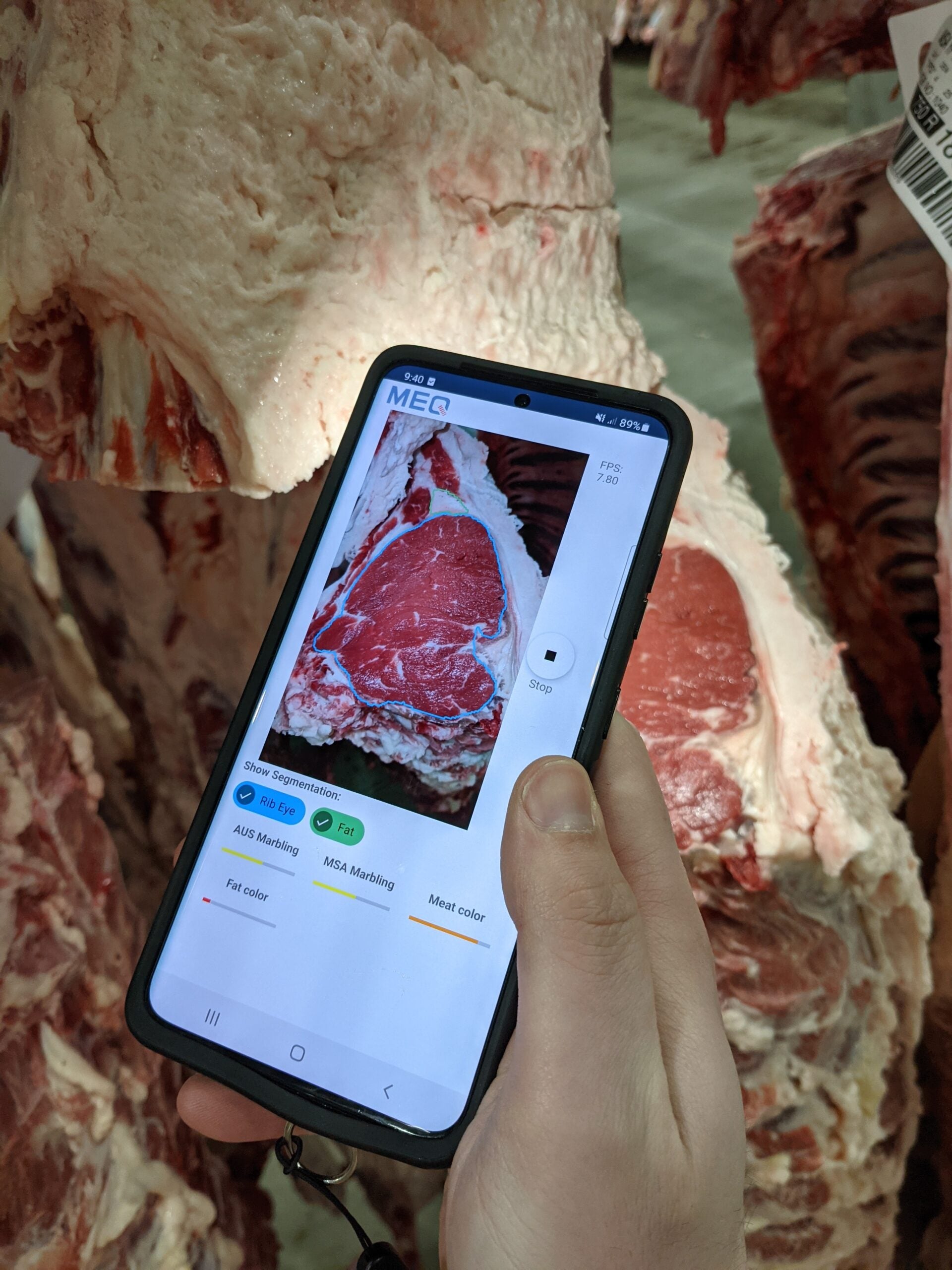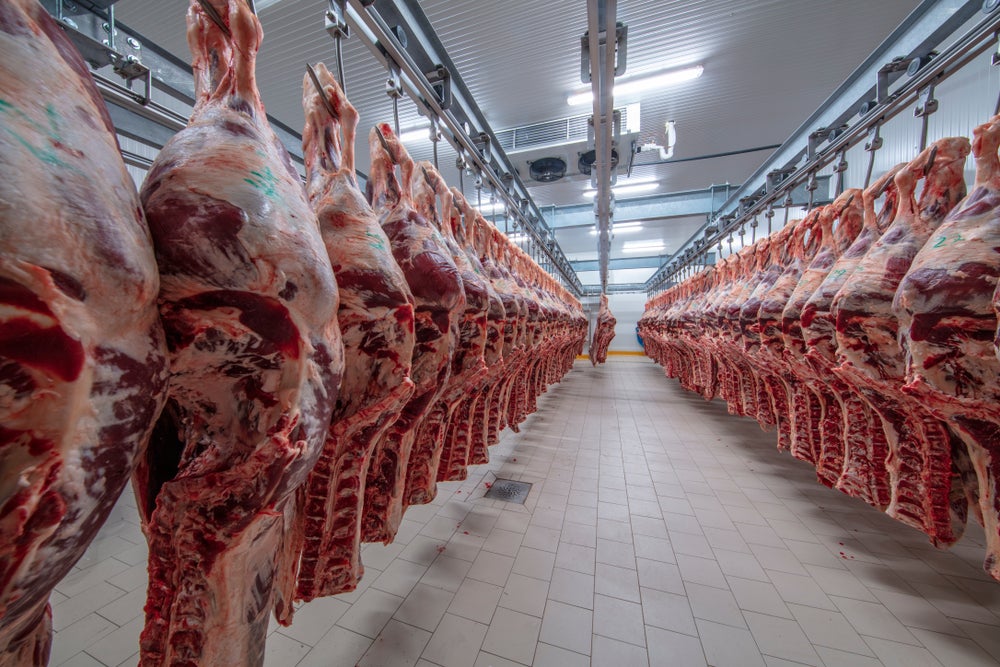Australian agtech company MEQ has received certification from the U.S. Department of Agriculture for its MEQ Camera V2, a video-based technology that measures beef yield and quality. This certification allows the camera to be used for official beef grading in the United States, supporting the digitization of a critical process within the $108 billion (USD) beef processing sector.
The MEQ Camera is the first video technology — and the first new grading tool in over 15 years — to be certified under the USDA’s instrument augmented beef grading program. The approval follows a 12-month trial in which more than 10,000 carcasses were assessed. The technology is now certified to predict marbling score, ribeye area, preliminary yield grade, and yield grade.

Meat grading plays a central role in determining beef quality and price throughout the supply chain. While grading has traditionally been based on visual inspection or 2D images, the MEQ Camera introduces a more consistent, objective approach. Using 12 machine learning models, the system captures 3D video imagery to evaluate carcasses in real time, improving accuracy and repeatability.
Remo Carbone, CEO of MEQ, described the certification as a key step forward: “It confirms the MEQ Camera’s ability to perform accurate, consistent grading at scale. We’re pleased to support a more transparent and data-driven approach to meat quality across the industry.”
The MEQ Camera system includes a smartphone application and integrated 3D depth camera, already in use by processors such as Sustainable Beef in Nebraska.
MEQ is a Melbourne-based agtech start-up focused on objective meat quality measurement. The company’s technology uses spectral analysis and machine learning to assess intramuscular fat and eating quality on a carcass-by-carcass basis, providing real-time data that can inform decisions across the meat supply chain.


